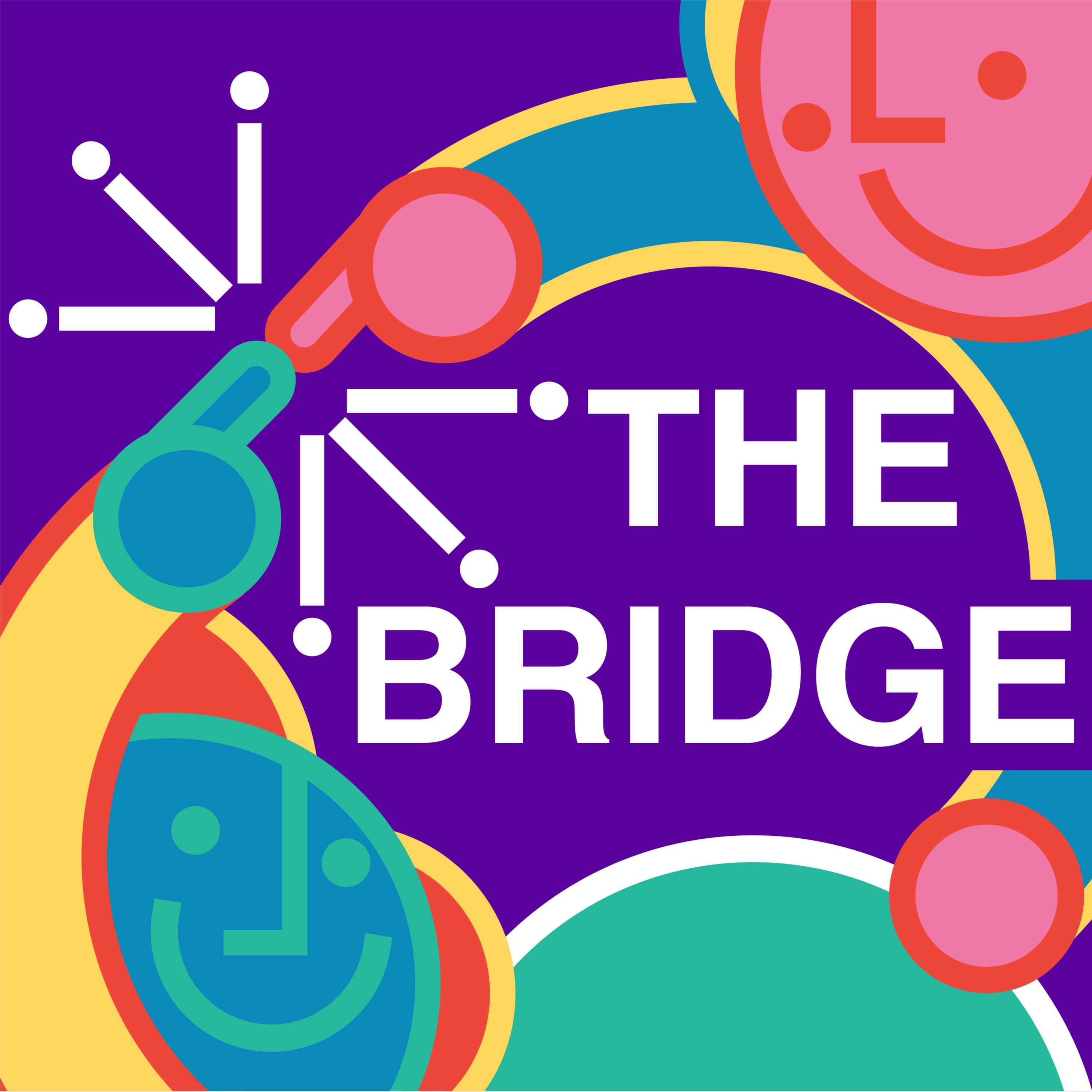
What’s ‘Middle Class’ in the US and China?

The Bridge to China
Deep Dive
Why do most Americans feel dissatisfied with their pay according to Pew Research?
54% of Americans say they are dissatisfied with their pay because they do not earn enough to pay their bills, highlighting the struggle to keep up with cost-of-living increases.
How do Chinese citizens perceive global security compared to China's security?
76.78% of Chinese respondents believe China is very secure or relatively secure, while 69.8% feel the world is less secure than it was five years ago, indicating a contrast between domestic and global perceptions of security.
What is the sentiment of Chinese citizens towards the U.S. government and its people?
81.71% of Chinese respondents have a neutral or favorable attitude towards ordinary Americans, while 81.4% express unfavorable views toward the U.S. government, showing a distinction between views on the government and its citizens.
How does income inequality in the U.S. compare between the top 1% and the bottom 50%?
The top 1% of Americans control about 30% of the nation's wealth, while the bottom 50% own only 2%, illustrating severe income inequality in the U.S.
What societal measures has China implemented to reduce income inequality?
China has improved access to healthcare and education in rural areas, removed agricultural land taxes, eliminated fees for compulsory education, and introduced social safety nets like old-age pensions to reduce income disparities.
How does homeownership in China compare to the U.S.?
Most Chinese citizens own their homes outright, often inherited or built on family land, while in the U.S., 50% of real estate equity is owned by banks, and many Americans do not own homes or have mortgages.
What is the impact of credit card debt on Americans?
About half of Americans have outstanding credit card debt, often paying 10-15% interest, which traps them in a cycle of paying mostly interest rather than reducing the principal, making it difficult to escape debt.
How does the Chinese education system contribute to social mobility?
China's education system, including free compulsory education and the highly regulated college entrance exam (Gaokao), allows individuals from lower socioeconomic backgrounds to climb the social ladder based on merit.
What challenges do American students face with college tuition?
College tuition in the U.S. has increased by 280% from 2000 to 2024, leading to $2 trillion in student loan debt, with some students paying up to 7% interest, making it difficult to escape financial burdens.
How does the Chinese government's approach to welfare differ from the U.S.?
The Chinese government actively implements policies to reduce income inequality and improve welfare, such as healthcare, education, and pensions, while the U.S. struggles with homelessness and lack of affordable housing, reflecting differing priorities in social welfare.
Shownotes Transcript
According to Pew Research, Most Americans Feel Good about their Job Security but not their Pay, we take a look from at American Finances from China. Are Chinese workers really better off? We dig deep into the truth on the ground. Hosted on Acast. See acast.com/privacy) for more information.